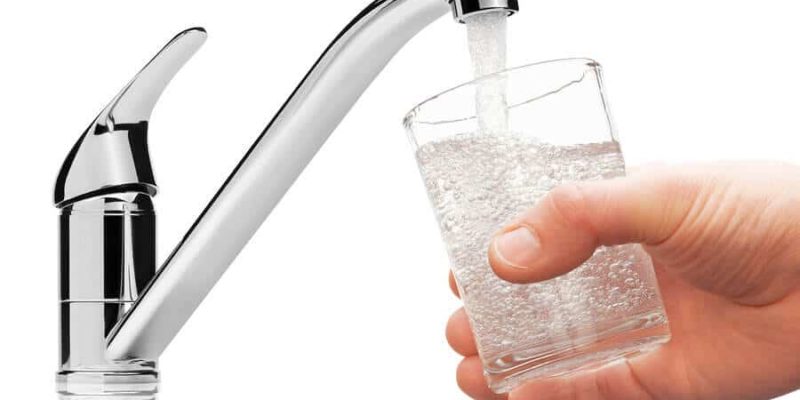Although tap water in the UK is classed as one of the cleanest in the world, there are still many ways taste, smell and appearance can be less than desired. Many homeowners are driven to only drinking bottled water because of this, which is bad for the environment due to the plastic waste created.
On top of these problems, on rare occasions, there can also be outbreaks of water-borne diseases such as E.coli or cryptosporidium in the mains water supply. There have also been isolated cases of chemicals such as lead being found in tap water in domestic premises. You can filter water naturally.
Therefore to improve the quality of their drinking water, many homeowners in the UK are opting for the installation of a water filter system that connects to the mains supply and provides 24/7 filtered water.
So, how do you know if you need a water filter system in the first place?
Water Quality Issues in the UK
- Chemical Taste
Although taste (and to a certain degree smell!) is largely subjective, many people complain about a ‘chemical-like’ taste in their mains supply water. The primary reason for this is the chlorine and chloramines which are used to improve water sanitation in the mains supply.
If you find that your mains supply water suffers from this problem, there are a number of domestic water filters that can filter out chlorine without affecting your water’s sanitation.
- Hard Water & Limescale
Limescale can be a big problem for households, especially in hard water areas such as the South East of England. Limescale is the white, chalky deposit that is created when hard water is heated. Often seen on the end of taps and even on kitchenware, it can be unsightly and affect the taste of water.
Limescale can also cause a problem as it builds upon heating elements inside kettles and boilers, decreasing efficiency and even causing them to break down more easily.
To check if you live in a hard water area, use a water hardness map of your area, with ‘hard’ or ‘very hard’ areas experiencing some of the worst issues with limescale. There are a number of water filters that can limit the impact of limescale, whilst water softeners can also be useful.
- Bacterial Outbreaks
Bacterial outbreaks are unlikely, but not unheard of in the UK. Extremely rare, isolated instances of water-borne illnesses such as E.coli and cryptosporidium have been reported in recent years. The risks of being exposed to these harmful bacteria are multiplied if you rely on a private water supply such as a borehole, well or stream where the water is not under the same stringent checks as the mains’ supply.
Whilst the risks are small, if you want to protect yourself from potential outbreaks, consider the use of an ultra-fine mechanical water filter such as a Doulton ceramic filter.
- Sediment or Other Unwanted Solids in your Water
If you’ve ever seen small, unsightly particles such as sand, silt or rust in your glass of tap water, you may want to consider their removal. Although consuming small amounts of solids is not thought to be harmful in itself, they can harbour contaminants, look unpleasant or cause issues with some appliances.
These unwanted solids can also be more prevalent in private water supplies, where water is less rigorously filtered. If you suffer from any of these issues, a mechanical water filter can remove small particles present in your tap water.
Should you Consider a Water Filter System?
If you are a homeowner who is suffering from one or more of the water quality issues we’ve mentioned, a domestic water filter system may be a great option for you.
Easily installed under-the-sink or on your kitchen countertop, a water filter system is a fantastic way to guarantee safe, great-tasting water to your home.













